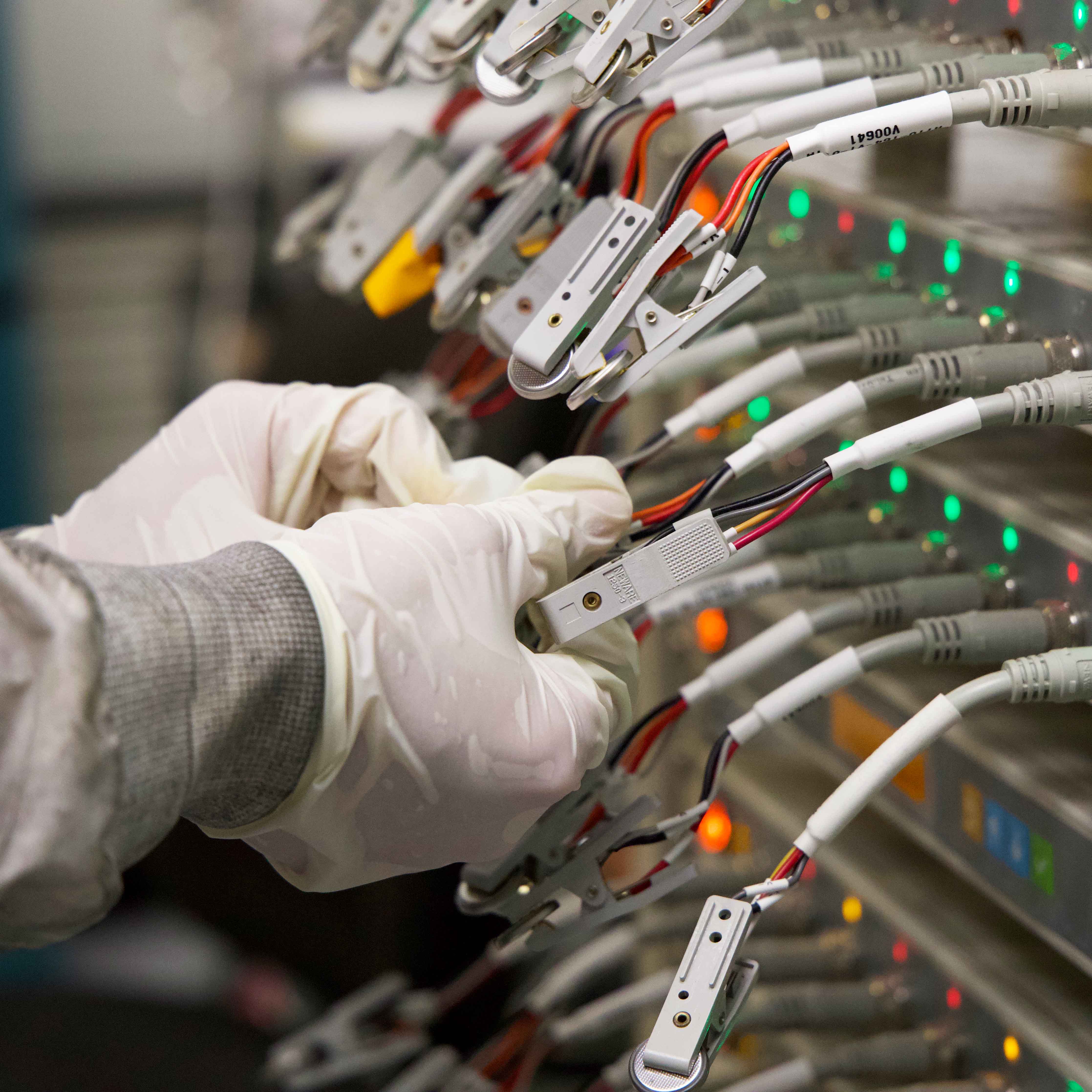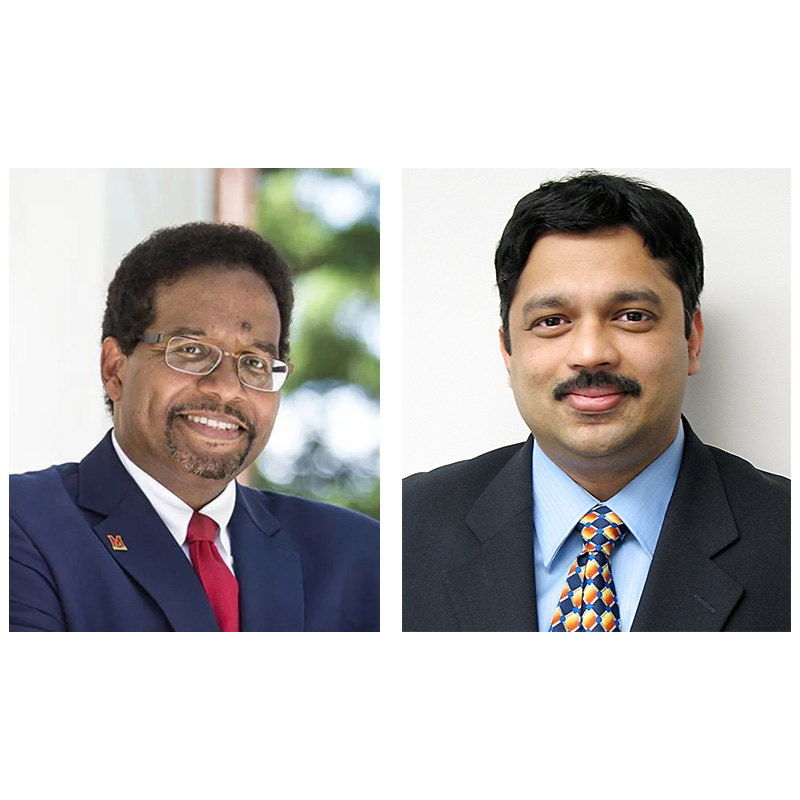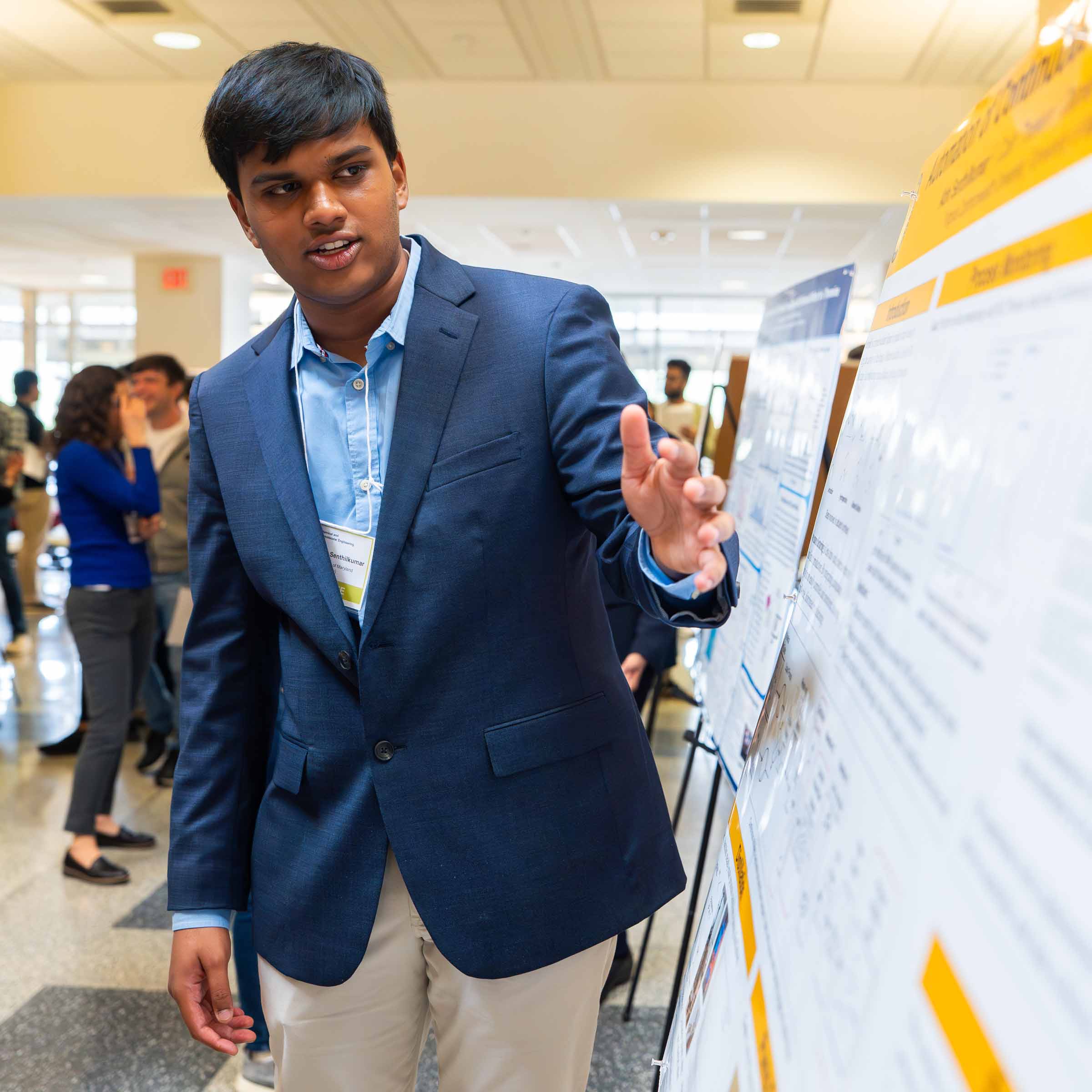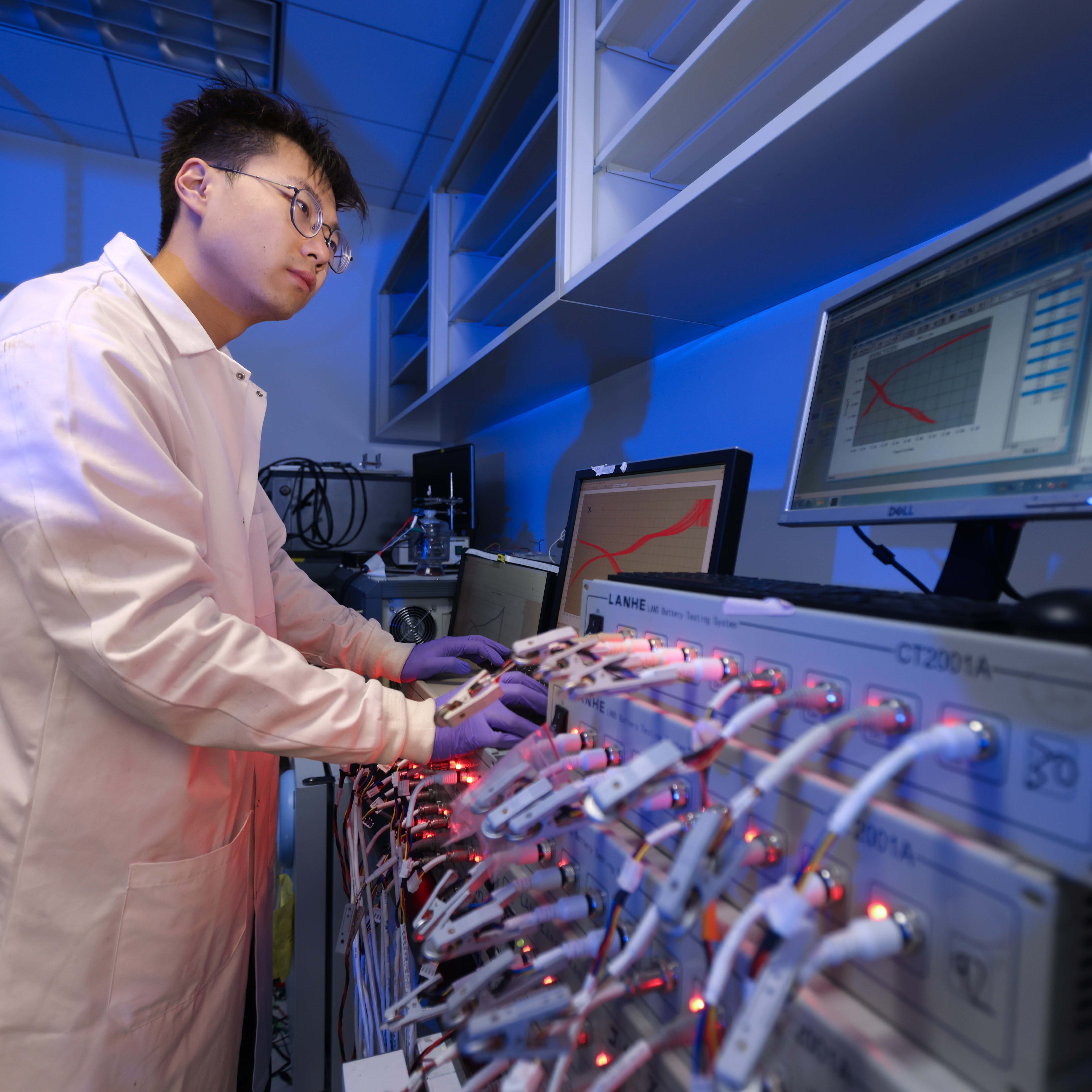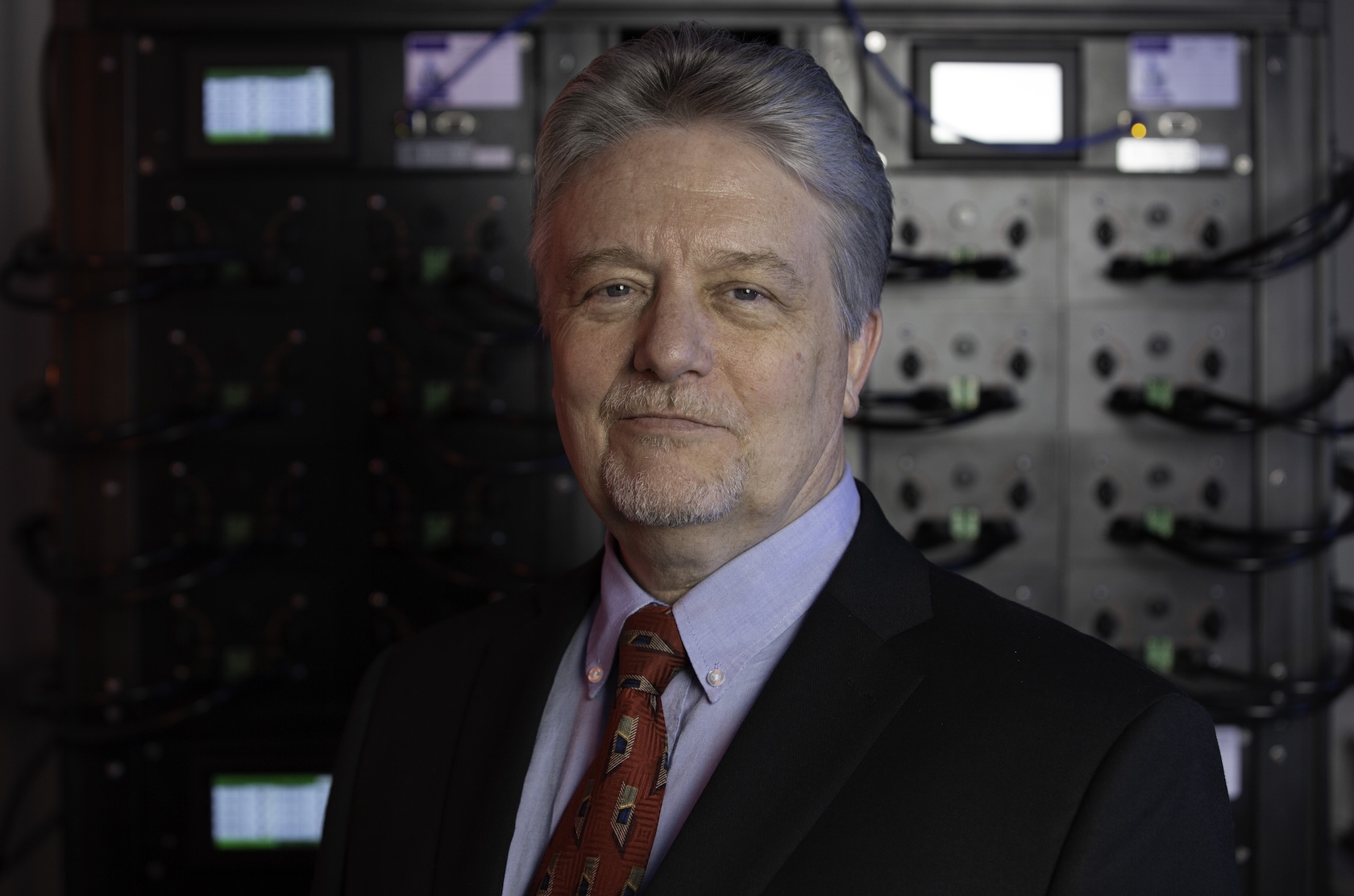News Story
ChBE Alumni Spotlight: Chao Luo Receives NSF Grant

Chao Luo, an assistant professor of organic chemistry at George Mason University, recently received a $431K grant from the National Science Foundation (NSF) for his project, Organic and Polymer Structure Engineering for Na-ion and Multivalent Metal Batteries.
Energy storage at an affordable cost is a current challenge for the energy sector, being critical for a wide range of applications, from electric vehicles to grid storage of renewable electricity. The high cost and scarcity of lithium and transition metal (Cobalt) resources has become a bottleneck for the development of Li-ion batteries for these larger capacity applications.
“Developing affordable and efficient Li-free and transition metal-free battery technology with sustainable resources is an important area of research,” said Luo. “This project explores battery systems beyond Li-ion batteries with emphasis on sodium-ion batteries and other potentially high energy chemistries based on magnesium (Mg) and aluminum (Al). A key factor of this project is the implementation of lightweight, abundant, inexpensive, sustainable and recyclable metal-free organic/polymer materials as promising cathodes for Na/Mg/Al batteries. The end goal is to carve out a comprehensive understanding of the material structure-electrochemical performance relationships in Na-ion and multivalent metal (Mg/Al) batteries at the molecular and device levels.”
Luo, originally from Wuhan, China, received his Ph.D. in chemical engineering from the University of Maryland (UMD) in 2015. He conducted his post-doctoral research with Chunsheng Wang before accepting a position at George Mason University in August of last year.
Luo's current research interests are in the areas of energy storage and electrochemical catalysis fields. His primary research focuses on rechargeable batteries: Li-ion, Na-ion, K-ion, dual-ion batteries, lithium sulfur batteries, multivalent-metal batteries, aqueous batteries and all-solid-state batteries. His most recent work, "A chemically stabilized sulfur cathode for lean electrolyte lithium sulfur batteries," was published in the Proceedings of the National Academy of Sciences (PNAS) earlier this month.
Published June 25, 2020



